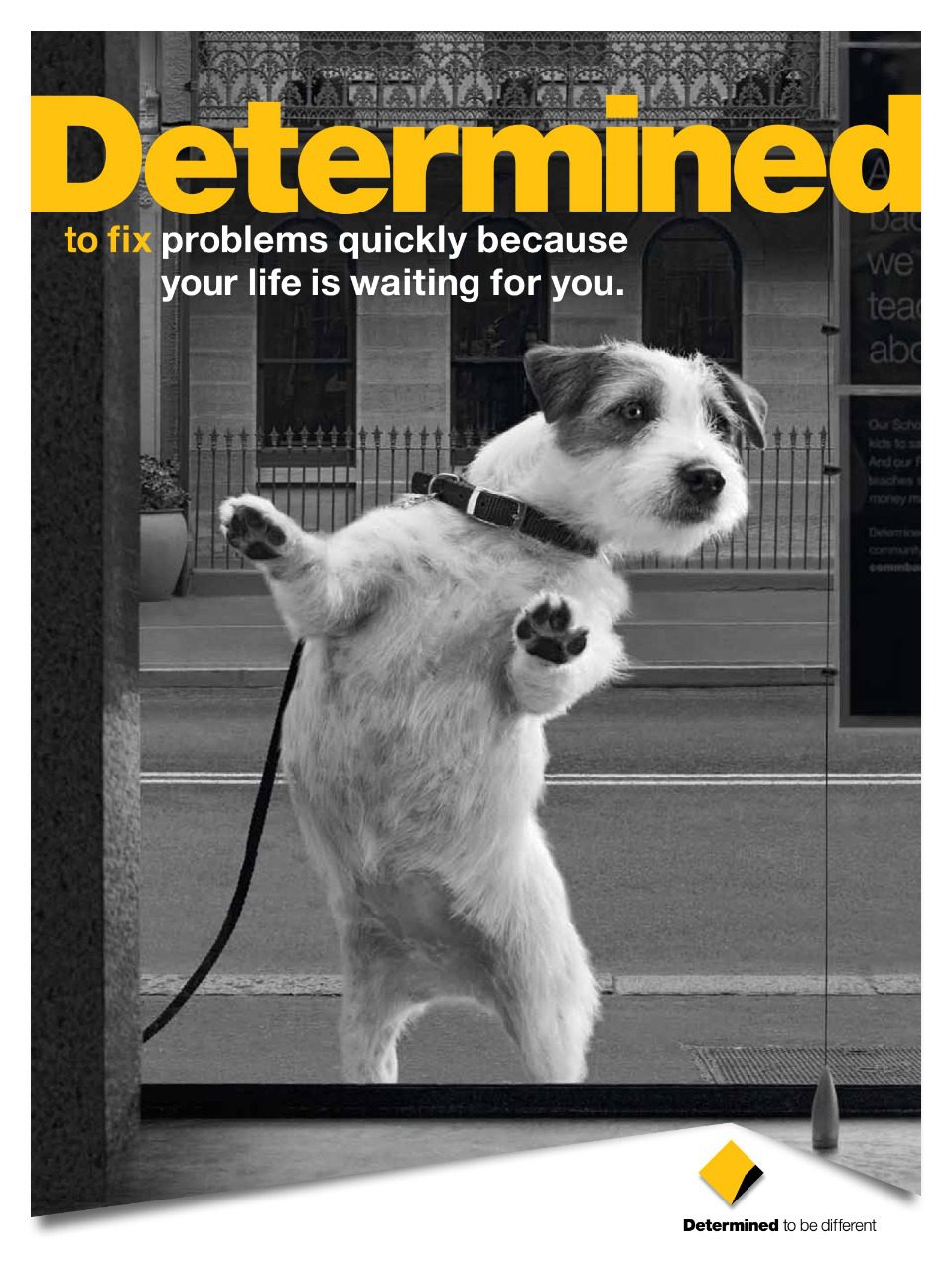Reserve Bank governor Philip Lowe told the Senate Economics Committee on Wednesday that we can’t have real wages growth without productivity growth.
The implication of what he said is that unless productivity improves fast, there will have to be a recession to bring wages and inflation down, which was given more force by Wednesday’s increase in monthly inflation.
But the question is whether we can get productivity growth without real wages growth – it looks like another Catch-22. (Original Catch-22: To get out of the army, you have to prove you’re insane; but if you want to get out of the army, you’re obviously not insane).
As I argued here the other day, a big part of the reason productivity growth has fallen is that workers are p-ssed off and disengaged because their real wages have been going backwards and they feel exploited.
There’s more to it than that, of course: The Productivity Commission says it’s because of the shift of most work from goods to services, where it’s “more difficult” to drive productivity growth.
That’s partly due to the growth in the care economy (health, aged and child care), but also automation – every time someone in a factory is displaced by a robot and has to get a job in a café or drive Ubers, national productivity drops a bit.
But it’s also true that if workers in any industry don’t feel like they’re getting anywhere and can’t get a pay rise whatever they do, or their work is being undervalued simply because they’re female, then their productivity will stay put, or decline.
Simple equation
As for the impact on inflation, the equation is simple, Dr Lowe told the Senators: To get 2.5 per cent inflation, which is the aim, with 3.5 per cent wages growth, the difference needs to be made up by productivity growth of 1 per cent.
“There’s been no increase in productivity for three years, which means unit labour costs are quite high,” he said. “If unit labour costs continue to rise by 3.5 to 4 per cent a year, it’s hard to have inflation of 2 to 3 per cent. We’ve got to have unit labour cost growth with a 2 in front of it, and we don’t.”
The Reserve Bank can’t control productivity. What it controls is the rate of interest, which in turn influences aggregate demand because borrowers cut back their spending more than savers increase it, because they are savers, aren’t they, and that’s what they do.
Dr Lowe told the senators that mortgage repayments are now the highest as a proportion of income that they have ever been, and that 15 per cent of variable rate borrowers will be in “negative cash flow” by the end of the year.
Those people will obviously cut back their spending a lot so they don’t lose their houses; everybody else will cut back to make sure they stay out of negative cash flow.
The reduction in spending increases unemployment, which tends to reduce wages because it makes it harder for those still in work to get a pay rise because there are more people willing to replace them.
And that tends to reduce inflation because firms can’t get price rises through and their wage costs don’t rise as much.
Gear change needed
The RBA is driving a bicycle with gears that reduce the speed of the wheels per rotation of the pedals rather than increase it. In the past 12 months it has been pedalling furiously with 11 rate hikes, but unemployment has fallen from 5.7 to 3.7 per cent, not increased, and inflation has gone up from 6.1 to 7 per cent.
Dr Lowe told the Senate committee on Wednesday that although he is trying to keep to the “narrow path” that gets inflation under 3 per cent without a recession and a big increase in unemployment, “we will do whatever is necessary to get inflation down”.
That’s code for: If there must be a recession, there will be.
The problem is declining productivity, but who controls that? Answer: Everybody and nobody.
The government can do more, and Ross Garnaut, as usual, made a solid contribution to the discussion this week with the idea that economic policy requires a “full orchestra”, not just the single instrument of monetary policy.
He wrote elsewhere: “The best monetary policy in the world would not give us good economic outcomes without reasonable performance by the full orchestra of fiscal, monetary, trade, energy, immigration, competition, labour and other areas of policy, all set in close relation to each other.”
This has actually happened twice before, Garnaut says: In the post-war reconstruction run by John Curtin, Jack Crawford and ‘Nugget’ Coombs, and then Ben Chifley when John Curtin died, and in the 1980s with Bob Hawke and Paul Keating using the Economic Policy Advisory Council, which the Coalition abolished in 1998.
Policy dilemma
There was some limited discussion about this in the Senate committee hearing: Philip Lowe said he was disappointed that the RBA Review didn’t do more to design a “different set of arrangements” that included fiscal policy.
“A lot rests on monetary policy,” he said. “That’s because the previous history of allowing politicians to do it didn’t work out well.”
Well yes, apart from politicians like Curtin, Chifley, Hawke and Keating, that is, but it’s fair to say we no longer have blokes like that in Canberra.
Dr Lowe went on: “The other way to reduce aggregate demand is to increase taxes and/or reduce government spending, but that’s hard.”
Make that impossible, at least as a form of economic policy, as opposed to politics.
There’s not much the government can do to increase productivity, apart from making sure infrastructure is up to scratch so we’re not wasting time travelling or waiting for a website to buffer.
What can be done? More technology, says the Productivity Commission.
These days that means artificial intelligence (AI), which in turn means applying robots to services as well as goods manufacturing.
Those replaced by manufacturing robots went into services, as the Productivity Commission explained, and reduced productivity.
Where will those replaced by AI go? And what happens then?
Alan Kohler is founder of Eureka Report and finance presenter on ABC news. He writes twice a week for The New Daily
The post Alan Kohler: Why the RBA thinks if there must be a recession, there will be a recession appeared first on The New Daily.
















